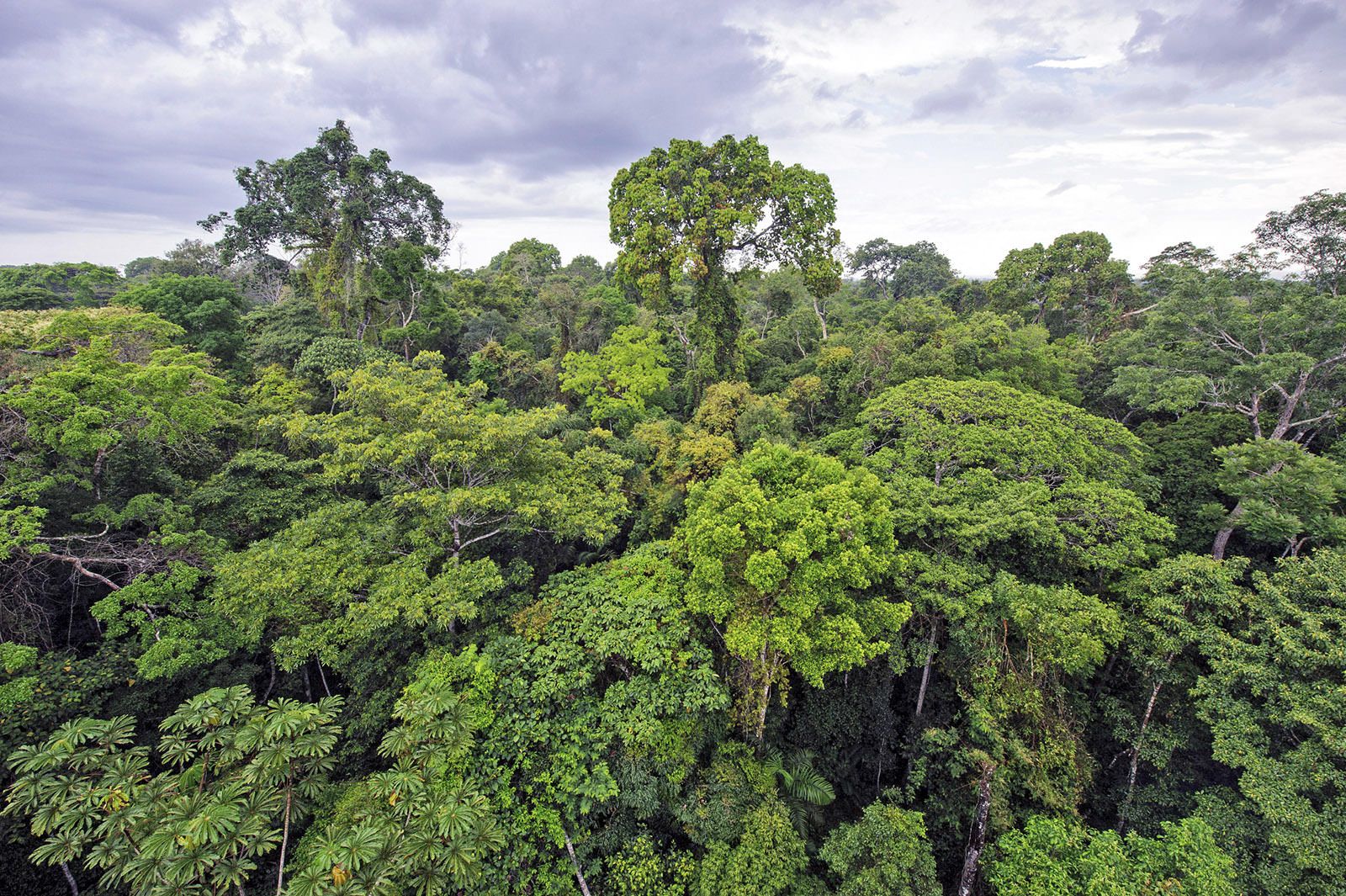Forests, the Earth’s lungs, are in a critical state. Data from the Food and Agriculture Organization (FAO) paints a concerning picture: we’ve lost an estimated 420 million hectares of forest globally since 1990, an area larger than the European Union. Deforestation for agriculture, logging, and development cuts into these vital ecosystems at an alarming rate.
The Bible offers a different perspective. In Genesis 1:29, God entrusts humanity with the care of creation, including the trees (“every tree of the field is yours for food”). Passages like Psalm 104:16 (“the trees of the Lord are full of sap”) highlight the inherent value of forests. We are called to be stewards, not destroyers.
The consequences of deforestation are dire. Forests are vital for climate change mitigation, absorbing carbon dioxide and releasing oxygen. They regulate water cycles, prevent soil erosion, and support immense biodiversity. Their loss disrupts entire ecosystems, impacting everything from local weather patterns to food security.
Global action is essential. Initiatives like REDD+ (Reducing Emissions from Deforestation and Forest Degradation) provide financial incentives for developing countries to conserve their forests. Sustainable forestry practices that prioritize selective logging and replanting are crucial. As consumers, we can choose certified wood products and support companies committed to deforestation-free supply chains.
Individuals can also make a difference. Reducing paper consumption, planting trees, and advocating for forest protection policies are all ways to contribute. By recognizing the intrinsic value of forests, as reflected in the Bible’s message of stewardship, and taking concrete steps towards their preservation, we can ensure a healthier planet for future generations.
– Salathiel Nalli

